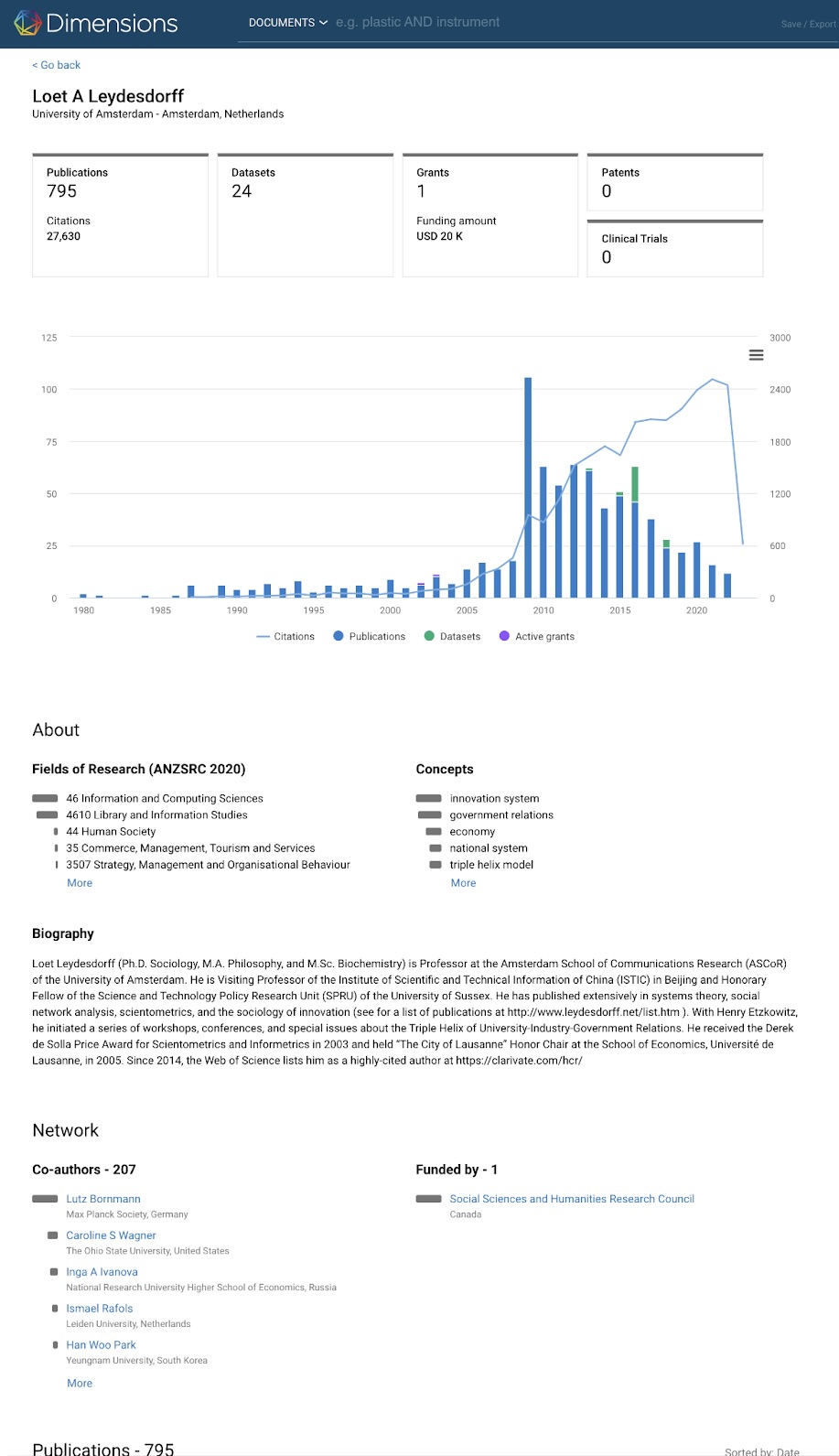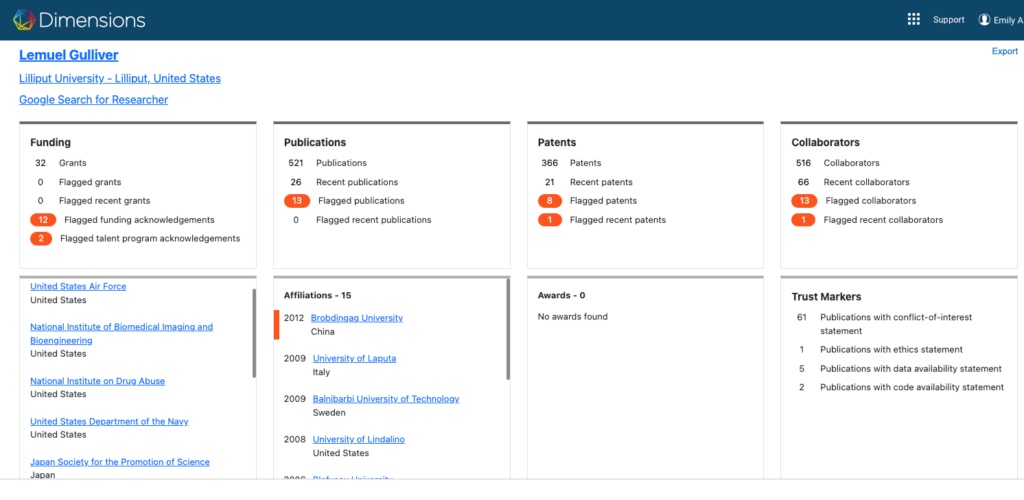International collaboration and foreign contributions are critical to the success of research. But as recent headlines show, there are cases of people willing to violate the principles of research integrity, most often through intellectual property (IP) theft. This is causing increasing global concern around research security, research integrity, and the ethics and safeguarding of the research enterprise.
The need to protect research security in a way that promotes safe and collaborative research is the driving force behind several new policies in the US, Canada, and the UK.
As a result of this changing landscape, many research funding organizations are implementing new research security workflows and compliance programs, which seek to prevent the loss of IP and maintain public trust in research. The key flag for funders to try and identify is failures to disclose conflicts of interest, which may be financial conflicts of interest due to conflicting funding or parallel research activities, as well as peer review violations and grant fraud.
However, establishing these programs is time consuming and resource intensive. Sifting through the sheer amount of data available for an individual researcher can be overwhelming. There are also challenges in making sure that you are looking at the right person, identifying all research outputs, and searching international coverage of data sources. It’s also important to provide clear and transparent reporting and avoid introducing bias with the new processes.
How Dimensions can help address these pain points
Dimensions’ extensive grants data from over 600 funders enables users to tie individuals to specific grants they have received. Our researcher profiles allow you to see someone’s publications data, understand which funders and foreign talent programs they acknowledge, check if they have dual appointments as an affiliation with multiple research institutions, and establish who their collaborators are. Clinical trial and patent information can provide insight into IP conflicts of interest and any resulting IP that may be connected to a person.
Not only does Dimensions have all these data sources in one place, but as they are linked, you can follow the timeline of a person’s career and see information like when they received funding, and when they worked where.

We apply a number of categorizations and enrichments to the data to help simplify your processes. For example, every institution and researcher in Dimensions has a unique identifier, which means you can be confident that you are looking at the person that you have in mind, and seeing the outputs mapped to the correct person and institution. This allows you to quickly vet researchers to surface international collaborations or funding, and ensure that what you’re seeing doesn’t conflict with anything reported in the application.
Dimensions can also help you to assess risk at the organizational level, performing the same kind of analysis in bulk or at a larger scale to understand patterns. In addition, Dimensions allows you to filter geographically, which can be helpful when looking into foreign influence.
We have developed a research security dashboard that pulls out these data points into one view. Depending on the specific needs of your organization, we can set up flags for funding acknowledgements, researcher collaborators, countries, patents, and publications. The dashboard will show why these things are flagged and how many flags are linked to each of the outputs. This helps you to quickly dive into the data points that are most interesting to you and save time on sifting through data. It’s then up to you to evaluate the individual flags and decide what they mean in the context of a given researcher.

The dashboard can also show Trust Markers from Dimensions Research Integrity, which indicate if an individual complies with common research ethics in the structure of their publications, such as providing an ethics or conflict of interest statement. This further helps funding organizations to promote ethical and transparent research management.
Talk to us and learn how we can help your organization
Are you interested in finding out more about how Dimensions can support you? Contact us and we’ll be in touch soon.
